Acute kidney failure – loss of kidney’s filtering ability
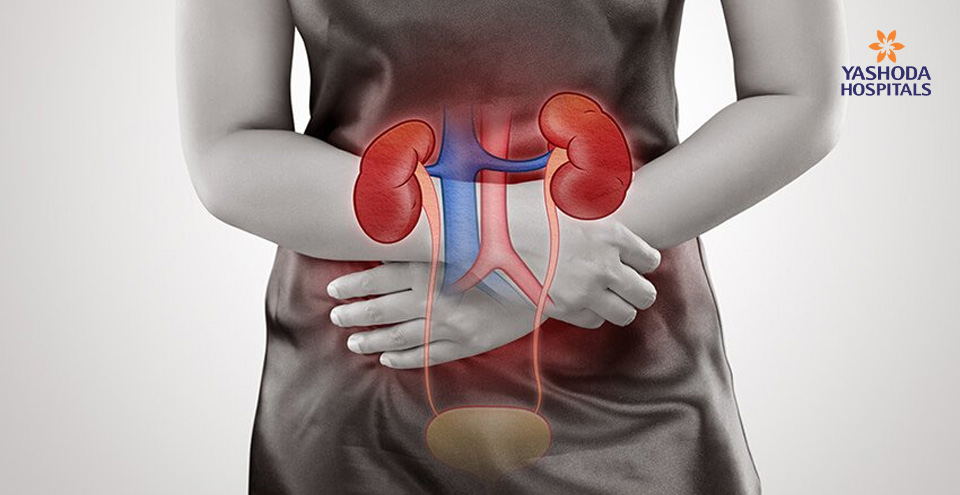
Acute kidney failure is a condition where the kidneys no longer filter the waste products from the blood. This condition results in accumulation of waste in the blood leading to further complications. Acute kidney failure may happen over few hours or days, and usually seen in patients undergoing treatment for kidney diseases. Acute kidney failure is reversible subject to the health condition of the patient.
CAUSES
Acute kidney failure occurs due to impaired blood flow, damage and blockage of urine drainage tubes (uterus). Impaired blood flow to the kidneys may occur due to blood or fluid loss, blood pressure medications, heart attack, infections, liver failure, allergic reactions and burns, and dehydration.
Damage to kidneys may occur due to blood clots, cholesterol deposits, inflammation of glomeruli, hemolytic uremic syndrome, lupus (an immune disorder), chemotherapy drugs, multiple myeloma, scleroderma, thrombotic thrombocytopenic purpura (rare blood disorder), toxins and vasculitis (inflammation of the blood vessels).
Urine blockage in the kidneys may be due to kidney cancer, blood clots in the urinary tract, colon cancer, enlarged prostate, kidney stones, nerve damage and prostate cancer.

SYMPTOMS
Acute kidney failure features decrease in urine output, fluid retention, drowsiness, shortness of breath, fatigue, confusion, nausea, seizures and chest pain.
RISK FACTORS AND COMPLICATIONS
Acute kidney failure may occur due to diabetes, high blood pressure, heart failure, kidney and liver diseases. The complications of acute liver disease include fluid build-up in the lungs, chest pain with inflammation of the pericardium, muscle weakness, permanent kidney damage, and death.
TESTS AND DIAGNOSIS
If there are symptoms of acute kidney failure, your doctor may recommend urinalysis, blood test, imaging tests and kidney biopsy. Urinalysis reveals abnormalities in kidney function, blood tests help to assess the urea and creatinine levels in the blood, imaging tests like ultrasound and CT scan help to understand the condition of the kidneys, and biopsy helps to know the health of kidney tissues.
TREATMENTS AND DRUGS
Treatment for acute kidney failure depends on identifying the cause for liver failure. Medications are directed at specific health problem or complication viz. extra fluids, control blood potassium and calcium, and toxins in the blood. Dialysis is advised for patients with excess toxins in the blood. The dialyzer is an artificial kidney that filters the waste out, and returns healthy blood to the body.
You may also like to read about symptoms, causes, treatment and removal of kidney stones.





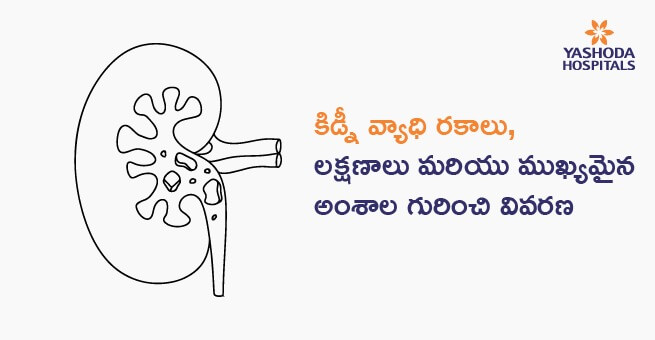

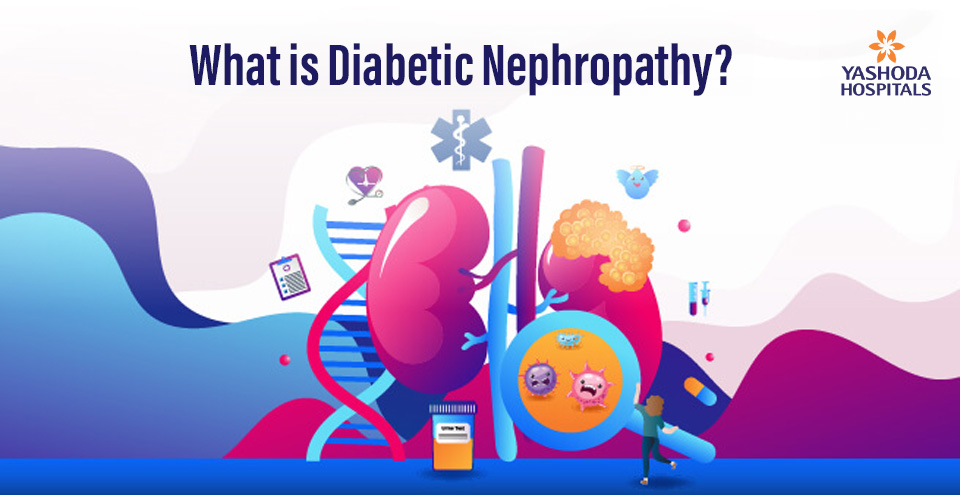
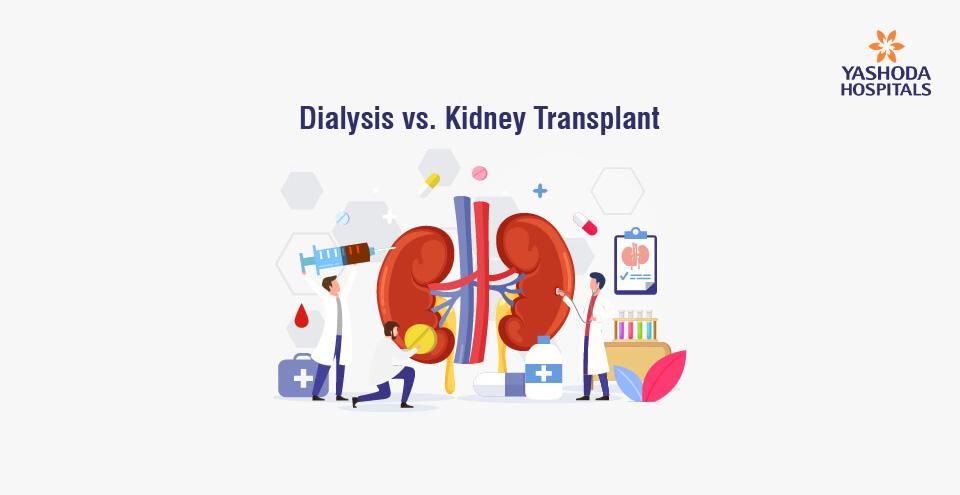
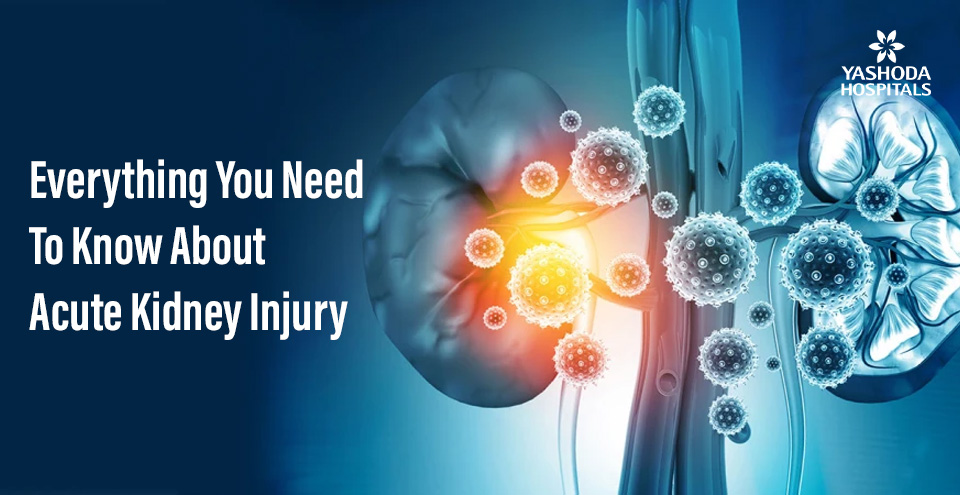
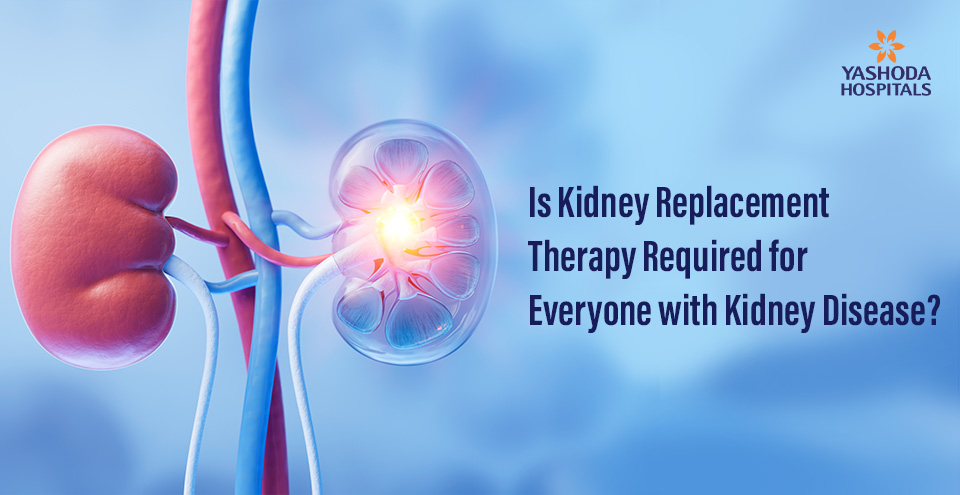


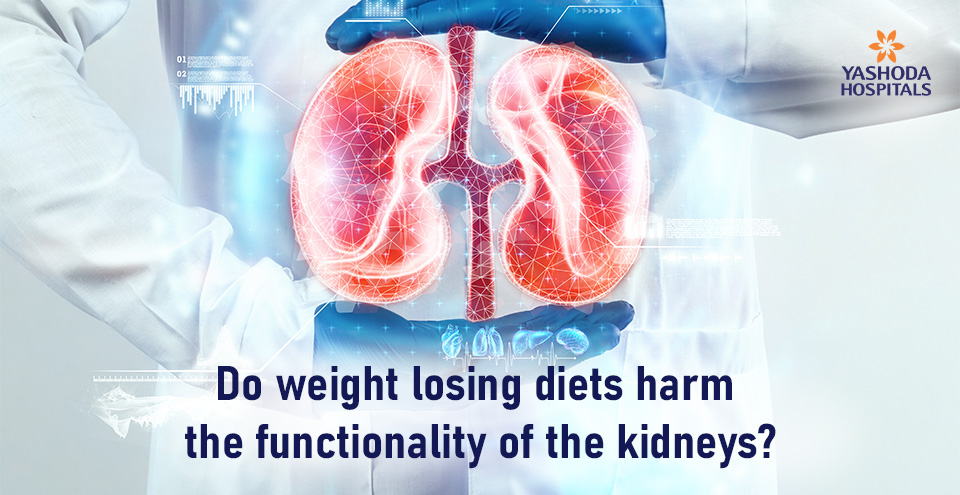
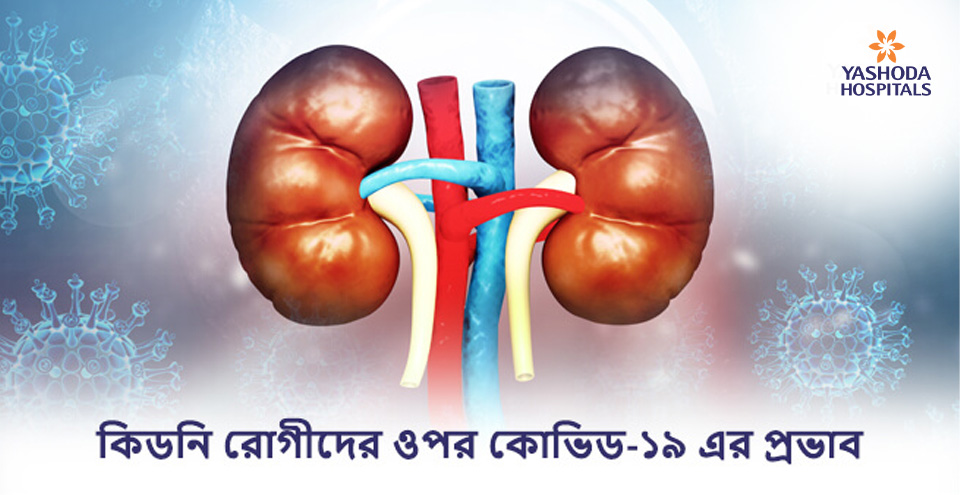






 Appointment
Appointment WhatsApp
WhatsApp Call
Call More
More